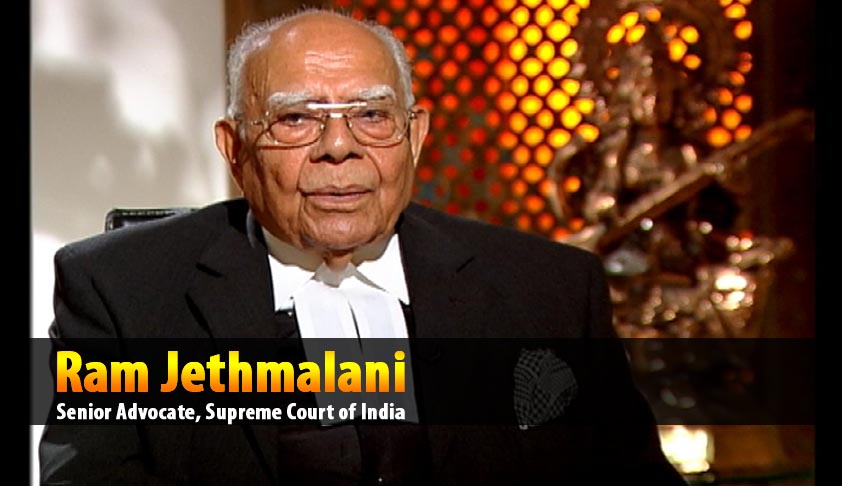Lok Sabha passes Black Money Bill , Jethmalani terms it totally worthless and is a kind of Amnesty Scheme
M.A.Rashid
12 May 2015 12:32 PM IST

Next Story
12 May 2015 12:32 PM IST
Lok Sabha passed the controversial Undisclosed Foreign Income and Assets (Imposition of New Tax) Bill, 2015 yesterday.The salient features of the Undisclosed Foreign Income and Assets (Imposition of Tax) Bill, 2015 are as under:-Scope – The Act will apply to all persons resident in India. Provisions of the Act will apply to both undisclosed foreign income and assets (including...
